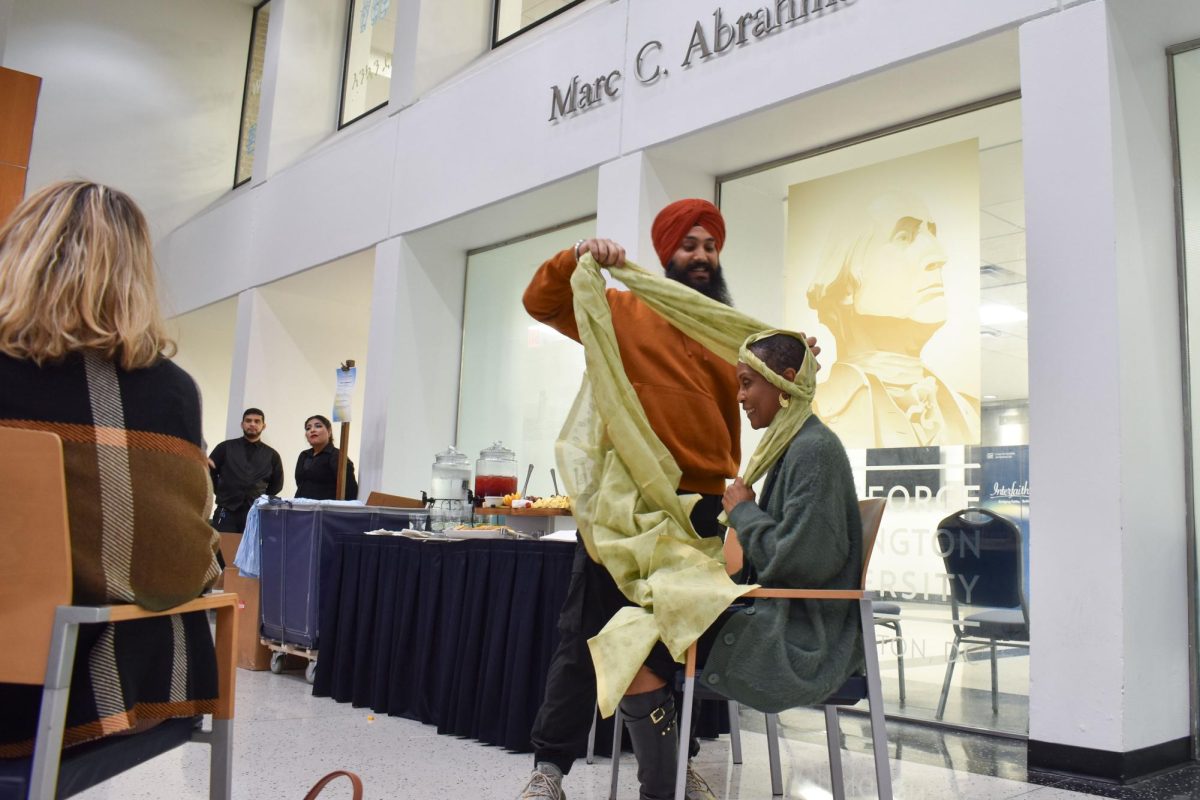Three study abroad programs affiliated with GW are suspected providing unlawful monetary incentives to universities who use their services and are now under investigation by the New York attorney general’s office.
The Institute for Study Abroad at Butler University, the Center for Education Abroad at Arcadia University and the Institute for the International Education of Students, were subpoenaed last month to investigate information about business and financial dealings with universities in New York. The three groups each have relationships with GW.
Despite these investigations, University officials said they do not favor these companies or others.
“There are no differences in how these programs (Butler, IES, and Arcadia) are promoted compared to others on the list,” said Rob Hallworth, director of Study Abroad at GW. “We are not required to send any number of students (or any at all) to our affiliates.”
The incentives allegedly given by the programs to universities include monetary compensation or free trips abroad for university officials, according to an August article in The New York Times.
Tracy Schario, director of Media Relations, said “We haven’t been named in the (attorney general’s) suit.” She said they were no red flags at GW.
This same article states that Amy Bartnick-Blume, a vice president of the Institute for Study Abroad, which is affiliated with Butler University, said institutes give some colleges up to $500 per student for forcing them to only offer the institute’s programs in certain regions.
At GW, credits seamlessly transfer when a student attends a pre-approved abroad program. Students who do not study through one of these programs must petition for a program to count toward meeting academic requirements at GW.
“Without program providers, it would be impossible for almost any institution to offer programs in the number of countries that we currently do,” Hallworth said. He said all of the study abroad programs affiliated with GW have to meet the University’s standards for academic prowess, security and preparedness, curricular connection and cultural immersion. He said faculty members and the staff of the Office for Study Abroad check to ensure that programs meet these criteria.
“These are the only factors considered when adding a program to the list,” Hallworth said.
Representatives of the affiliated programs also denied culpability.
“I don’t have any information that we are involved in that,” said Lori Bauer, Director of University Relations at the Arcadia program, of providing perks to universities. “We’re fully complying with the attorney general’s office.”
Giavanna Palazzolo, director of media relations at IES, said IES is cooperating with the attorney general’s office and that “no allegations of wrongdoing or legal action have been taken against IES.”
Using these affiliated study abroad programs enables GW to send students to more locations around the world.
David Heckman, a senior who just returned from Amsterdam on an IES program, said he would not have been able to go to the city he wanted if it weren’t for the company. He said the suspected practices are ethically questionable but that it is up to the University to be fair to students.
“I think as long as university study abroad officials are being honest with students it is not problematic; however, these incentives certainly call into question the independent nature of the advice given by these officials,” Heckman said. “In my experience, the study abroad office was nothing but honest with me.”
Katie McGraw, a senior who recently returned from her IES study abroad program, said she would not have known about the university she attended in Amsterdam had she not used IES.
“I (wouldn’t) really begrudge IES for the incentives, even though it might not be right. When it comes down to it, it’s just a business trying to outsell the competition,” McGraw said.






